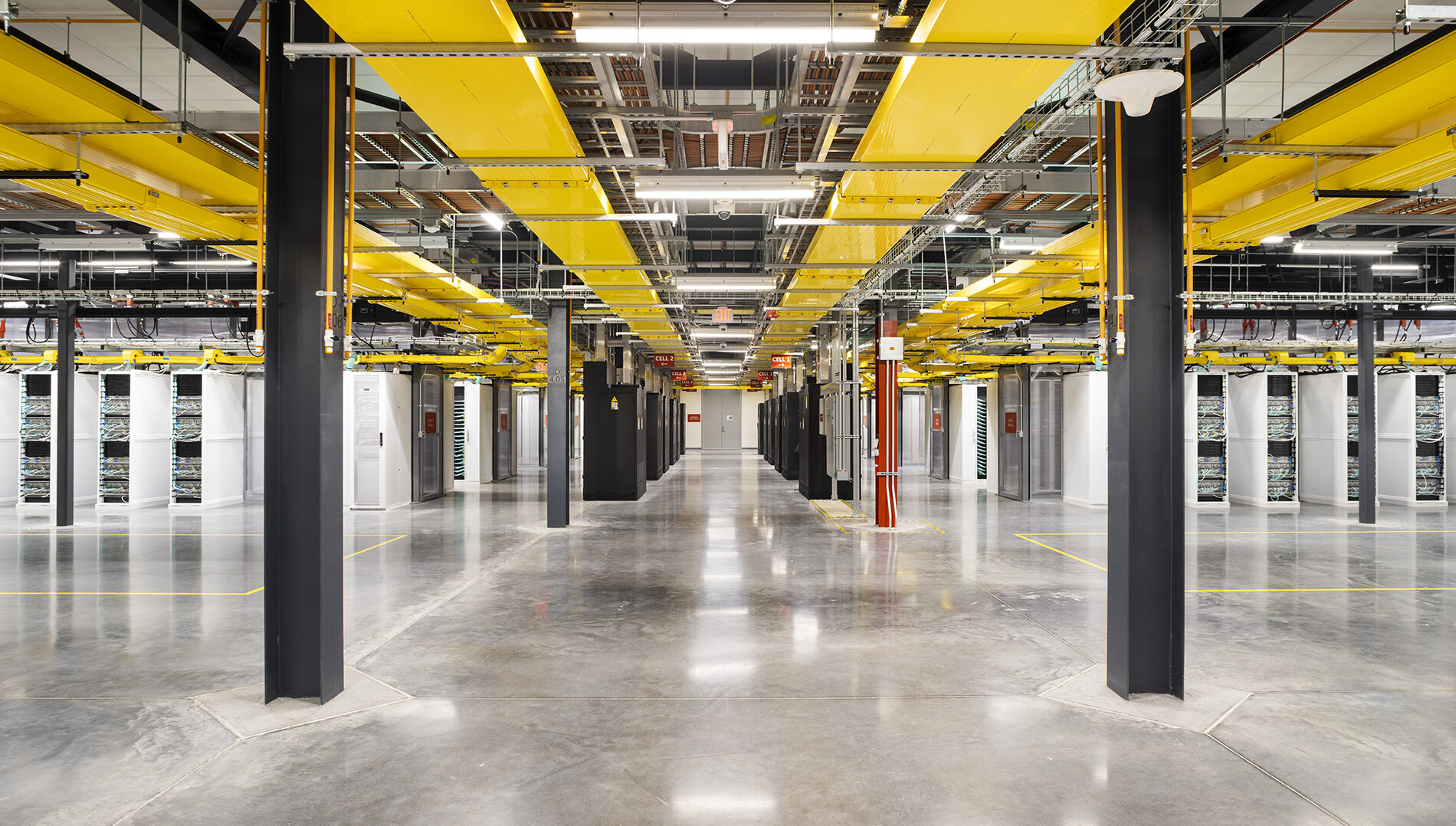Microsoft and OpenAI are reportedly planning to build a $100 billion data center and supercomputer that could lead to the creation of AIs far more capable than anything possible today.
Power hungry: Soon after investing its first $1 billion into OpenAI in 2019, Microsoft set out to solve one of the biggest challenges facing the AI firm: the need for a lot of processing power to train and run its generative AIs.
That led to the creation of a custom supercomputer at Microsoft data centers in Iowa.
“These supercomputing systems are really the lifeblood of our research,” Katie Mayer, who manages the Microsoft partnership for OpenAI, said in September 2023. “To do the work that we’re doing at this scale and to develop really novel AI capabilities, you need these systems. They’ve really accelerated the rate of progress that we are all benefiting from now.”

The report: On March 29, the Information reported that OpenAI and Microsoft are planning to spend up to $100 billion on a new data center project containing a supercomputer with “millions of specialized server chips.”
The Information cited three anonymous sources it says have been involved in conversations about the project, including one who has spoken directly to OpenAI CEO Sam Altman about it and one who has seen Microsoft’s eye-popping cost estimates.
“These supercomputing systems are really the lifeblood of our research.”
Katie Mayer
According to the Information’s sources, the supercomputer is being called “Stargate,” and it could launch as soon as 2028. It might then be expanded over the course of two years, with the final version requiring as much as 5 gigawatts of power. (To put that in context, the largest nuclear power station in the US — Palo Verde in Arizona — has a total capacity of just 3.9 gigawatts.)
Microsoft is also considering building a different, smaller supercomputer for OpenAI in Wisconsin. It could launch as soon as 2026 and cost up to $10 billion.
OpenAI declined to comment on the report, while a Microsoft spokesperson issued a general statement that the company is “always planning for the next generation of infrastructure innovations needed to continue pushing the frontier of AI capability.”
Looking ahead: Seemingly little about the project has been decided, according to the Information — Microsoft and OpenAI are still contemplating where Stargate should be located, which computer chips and cables to use, and how to power the whole operation, with nuclear energy being one possibility.
Regardless of how the details shake out, if the project does come to fruition, the processing power it would provide OpenAI could lead to the development of AIs with capabilities we can only dream about today — and maybe even the first artificial general intelligence.
We’d love to hear from you! If you have a comment about this article or if you have a tip for a future Freethink story, please email us at [email protected].






